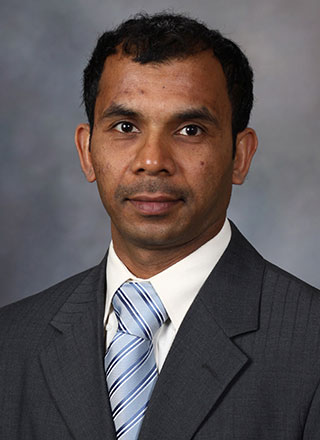
Rebuilding Heart Valves Using Tissue Engineering
Assistant Professor Soumen Jana in the Department of Biomedical, Biological and Chemical Engineering wants to develop a different solution for heart valve repair. And the projected goal of this solution is a tissue-engineered heart valve that grows and works like native heart valves.
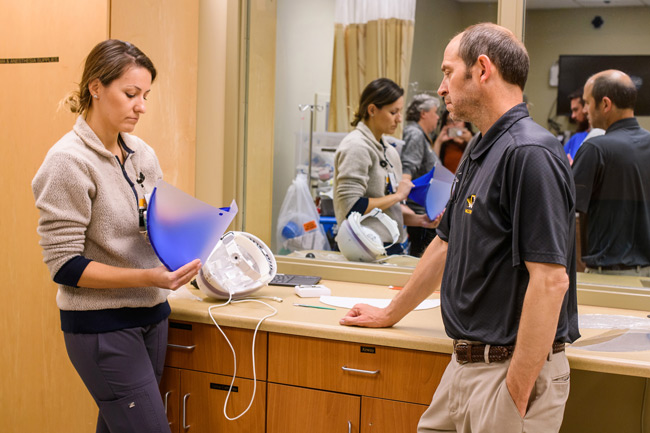
Locally Made Shields Protect MU Health Care Workers
In April, a volunteer group led by University of Missouri College of Engineering professor Kevin Gillis, DSc, met with MU Health Care leaders. The goal was to figure out the best ways to harness the talent of a cross-campus team of problem-solvers to make medical equipment to deal with the COVID-19 pandemic.
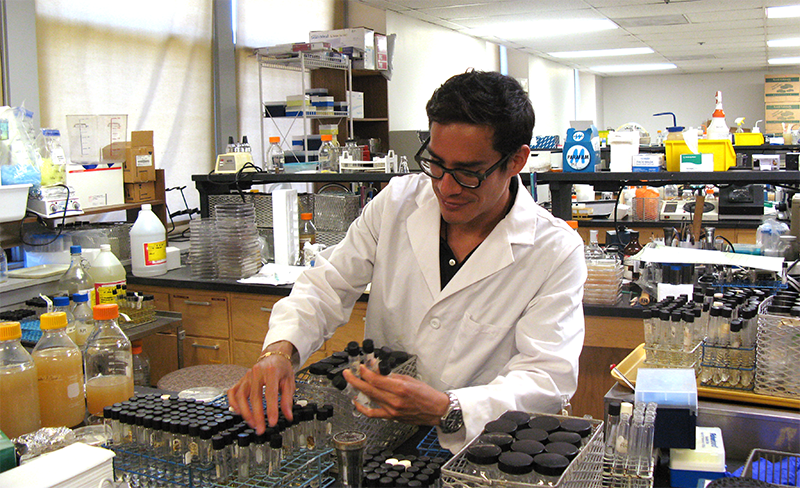
Avoiding food contamination with a durable coating for hard surfaces
In the future, a durable coating could help keep food-contact surfaces clean in the food processing industry, including in meat processing plants. A new study from a team of University of Missouri engineers and food scientists demonstrates that the coating — made from titanium dioxide — is capable of eliminating foodborne germs, such as salmonella and E. coli, and provides a preventative layer of protection against future cross-contamination on stainless steel food-contact surfaces.
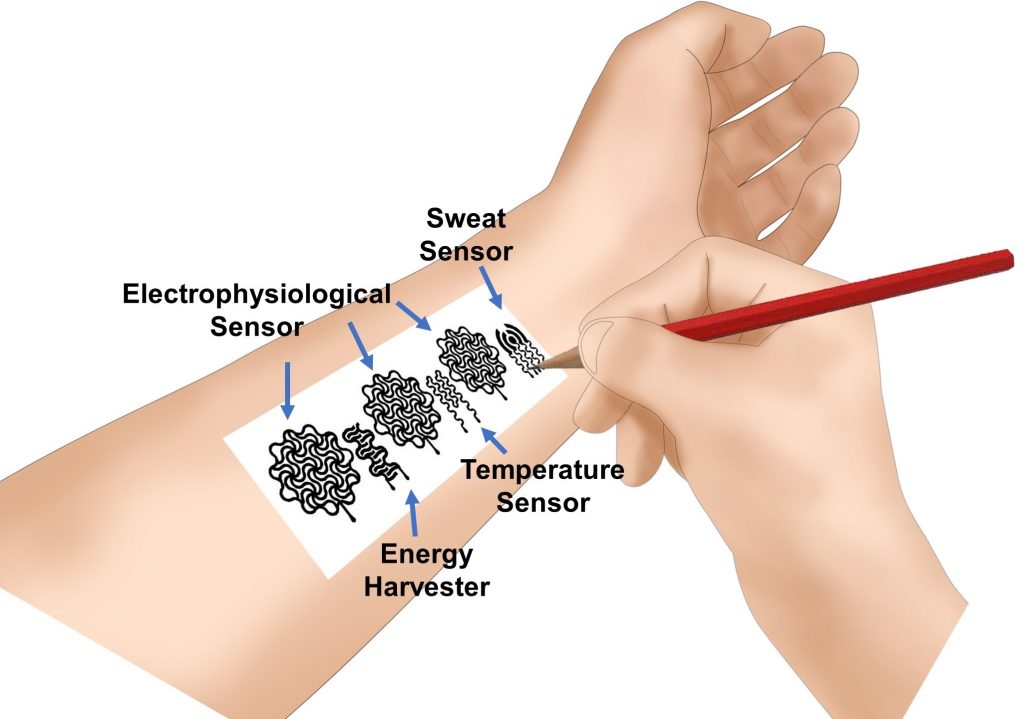
The New Tattoo: Drawing Electronics on Skin
One day, people could monitor their own health conditions by simply picking up a pencil and drawing a bioelectronic device on their skin. In a new study, University of Missouri engineers demonstrated that the simple combination of pencils and paper could be used to create devices that might be used to monitor personal health.
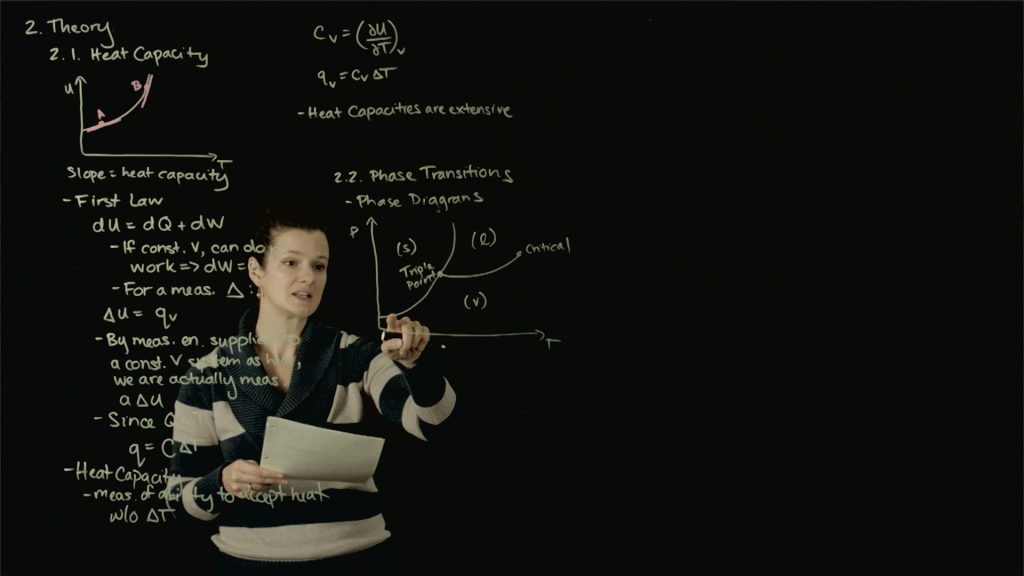
Switching Modalities Mid-Term to High-Quality Online Leads to Similar Learning Outcomes
Students who switch from face-to-face teaching to high-quality online even within a semester show similar learning outcomes – yet overall prefer the online setting, a new study has found. This spring, when the COVID-19 outbreak forced the University of Missouri and other institutions of higher education to move all courses to digital learning (fully online or remote teaching), the team’s research suddenly became extremely relevant.
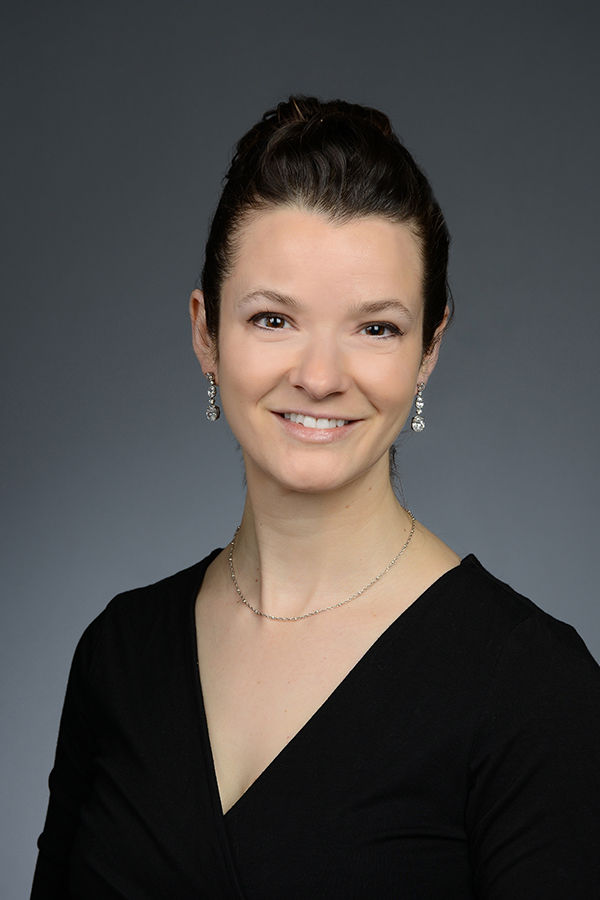
Hunt Wins National Continuing Educator Award
Mizzou Engineering Associate Prof. and E-Learning Strategic Initiatives Fellow Heather Hunt in the Department of Biomedical, Biological & Chemical Engineering has won the 2020 Adelle F. Robertson Emerging Professional Continuing Educator Award from the University Professional & Continuing Educator Association (UPCEA).

In Search of a Better Cancer Treatment
Bret Ulery, an assistant professor in the Department of Biomedical, Biological and Chemical Engineering, recently received $298, 013 (per year for two years) from the National Institutes of Health (NIH) to explore “aptamer-modified POSH inhibitor micelles as a novel leukemia treatment modality;” in other words, find safer, more efficient treatment systems for ALL.
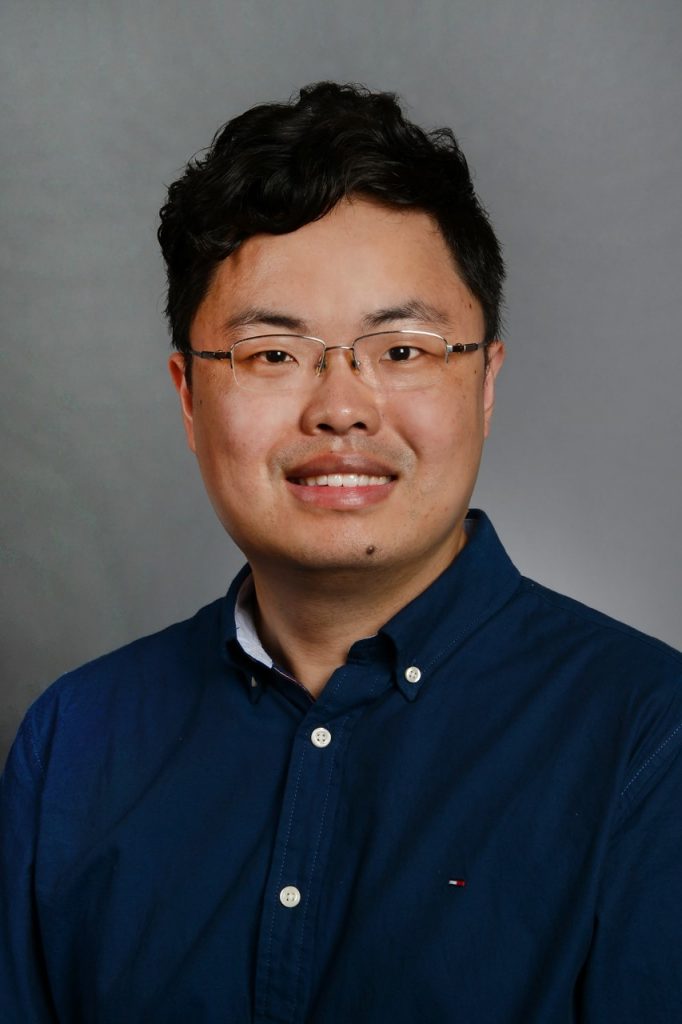
Wearable AC
One day, soldiers could cool down on the military battlefield — preventing heat stroke or exhaustion — by using “wearable air conditioning,” an on-skin device designed by engineers at the University of Missouri. The device includes numerous human health care applications such as the ability to monitor blood pressure, electrical activity of the heart and the level of skin hydration.
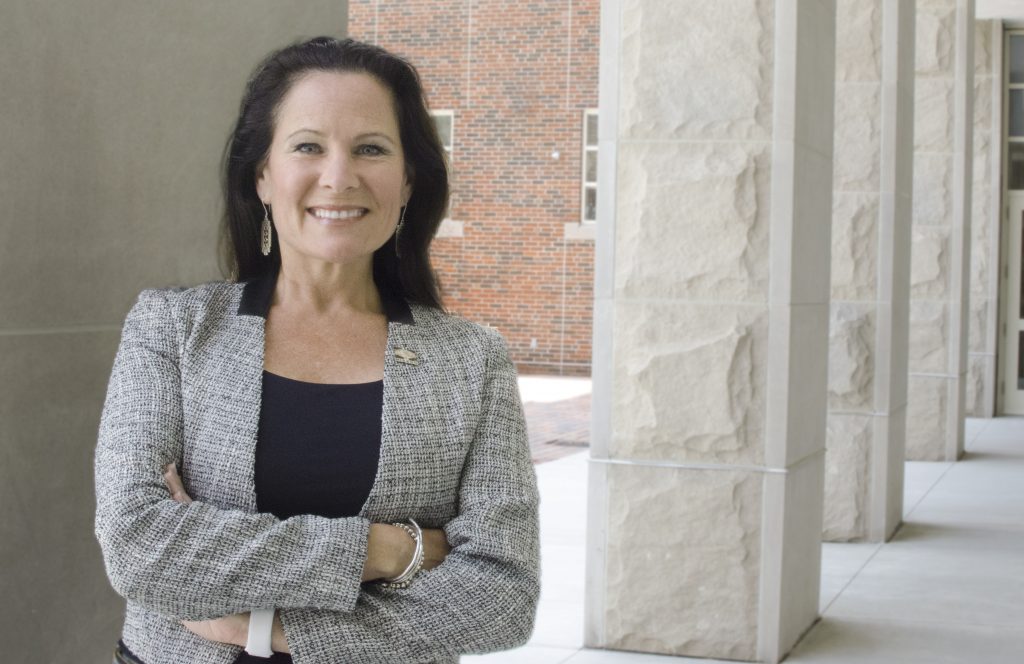
Research has Implications for Aging, Arthritis and Osteoporosis
Similar to muscles, bones add mass when they are mechanically loaded via physical activity but will lose mass if immobilized or when a person spends time at low or zero gravity, such as an astronaut. New research from Mizzou Engineers finds that similar processes occur with cartilage.
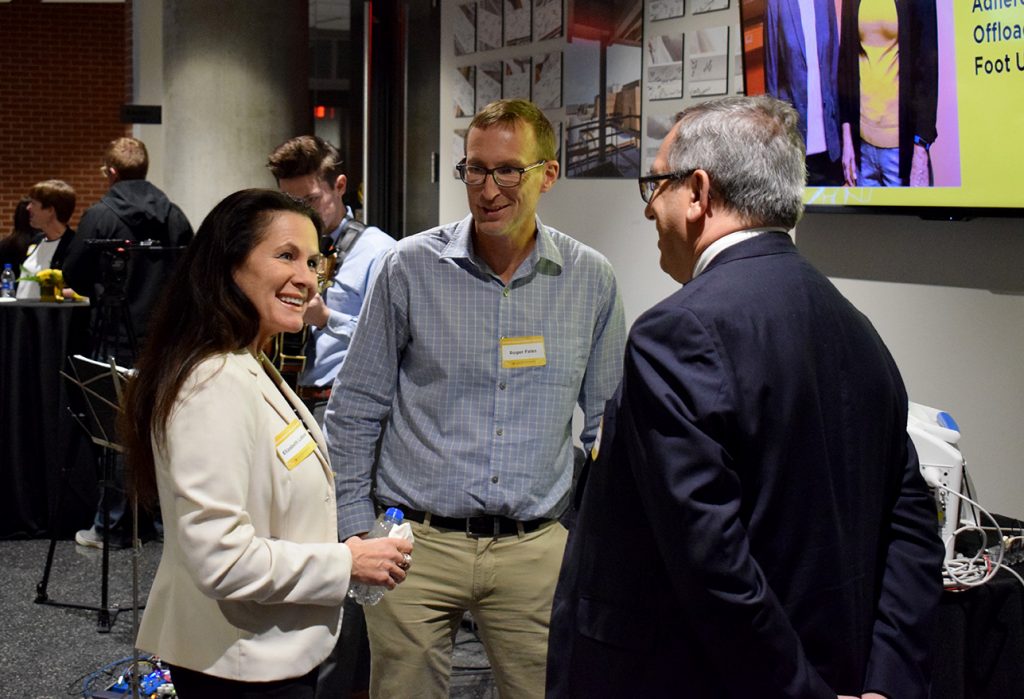
MU Awards $260,000 to Accelerate Biomedical Discoveries from Lab to Market
The University of Missouri’s Coulter Biomedical Accelerator Program awarded four grants totaling $260,000 to help promising medical discoveries make the transition from laboratory research to commercial investment and direct patient care. The grants were announced at an awards ceremony on Nov. 5 at the MU School of Medicine.